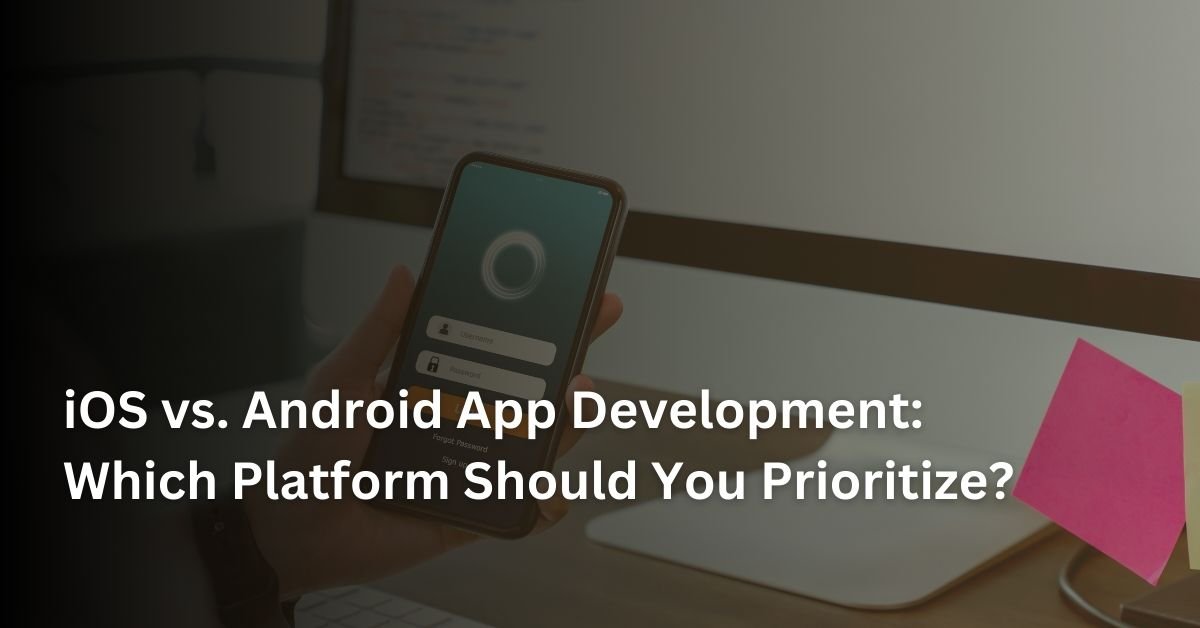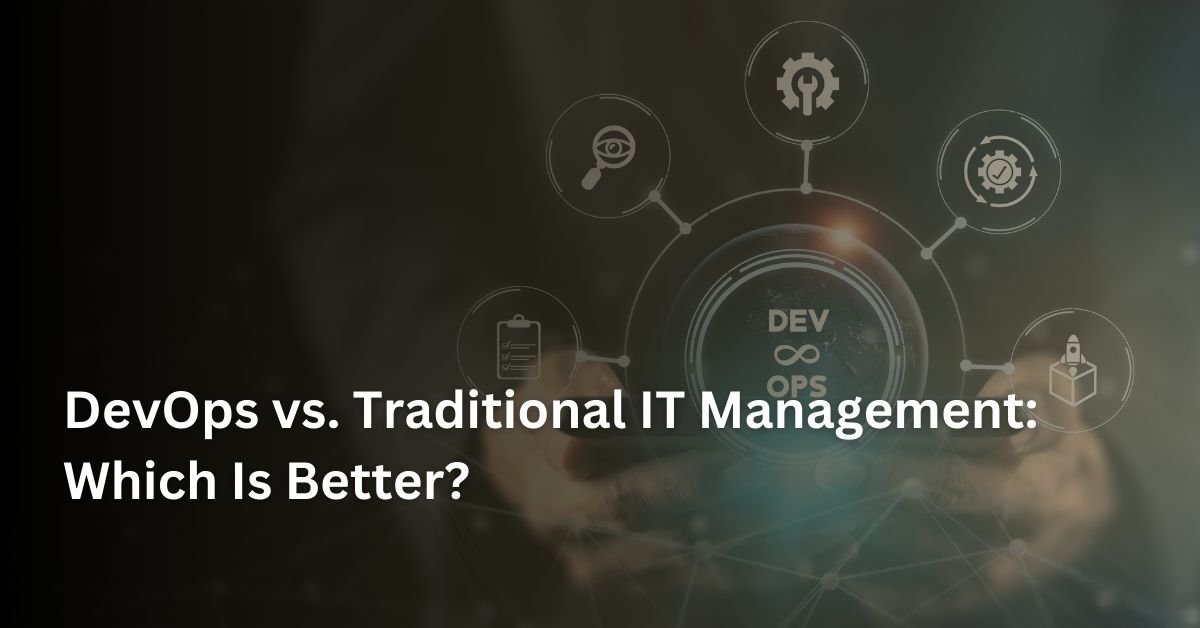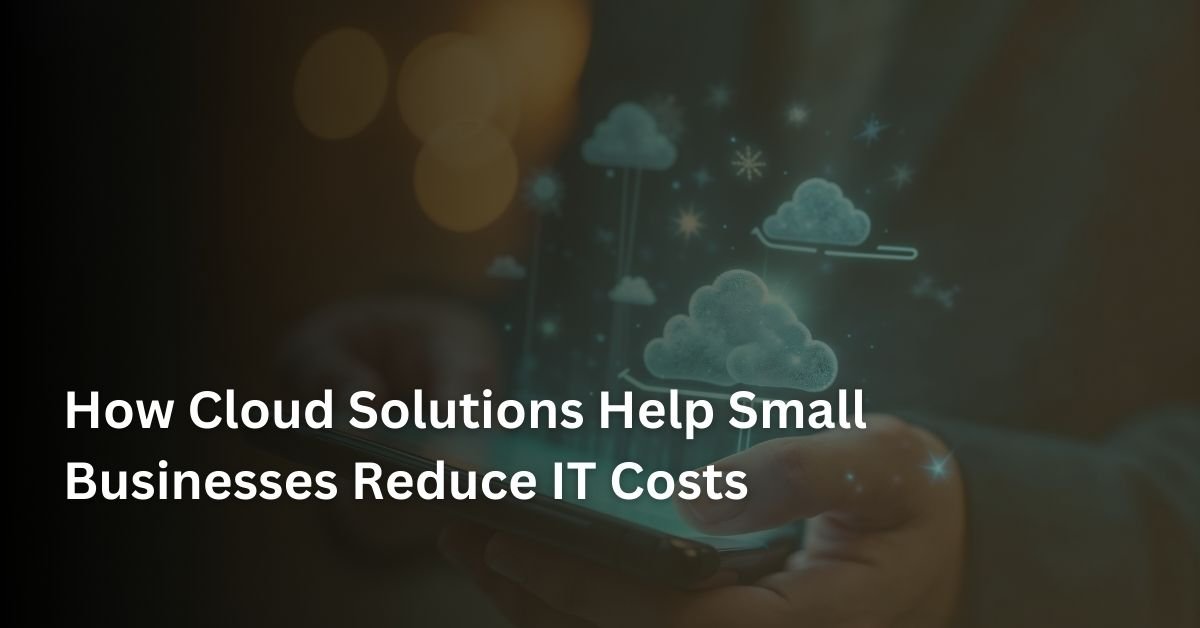With the increasing demand for mobile applications, businesses must decide whether to develop for iOS, Android, or both. Choosing the right platform is crucial for reaching the right audience, optimizing development costs, and ensuring a seamless user experience.
If you’re a startup in Montreal or a business expanding in Washington, understanding the differences between iOS and Android app development can help you make an informed decision.
This guide compares iOS vs. Android development, their benefits, challenges, and how to choose the best platform for your business.
Market Share & User Demographics

Understanding your target audience is crucial in deciding between iOS vs. Android app development.
- Android dominates the global market with over 70% share, making it the preferred platform for businesses targeting a worldwide audience.
- iOS has a strong presence in North America, particularly in cities like Montreal and Washington, where Apple users outspend Android users on apps and in-app purchases.
For businesses targeting high-income consumers or professionals, iOS development is a strong choice. However, if your goal is a broader market reach, Android may be better suited.
Development Costs & Timeline
iOS App Development
- Uses Swift, a modern programming language optimized for Apple devices
- Faster development process due to fewer device variations
- Requires a Mac and Apple Developer Account
Android App Development
- Uses Kotlin or Java, both of which offer flexibility but require more testing
- More time-consuming due to a wide range of Android devices
- Google Play Store has a simpler approval process compared to Apple’s strict review guidelines
For businesses in Montreal or Washington, developing an iOS app first may be more cost-effective, as testing and debugging are simpler compared to Android.
Revenue & Monetization: Which Platform Generates More Profit?

Monetization is another key factor in choosing between iOS vs. Android app development.
- iOS users tend to spend more on paid apps and in-app purchases.
- Android apps rely more on ads due to a larger but less spending-heavy user base.
If your app will be based on subscriptions or premium features, iOS is the better choice. However, if your model focuses on free apps with ad revenue, Android offers a larger audience.
App Store vs. Google Play Store: Approval Process
Apple App Store
- Strict approval process to ensure high-quality apps
- Longer review time (can take days)
- Requires adherence to Apple’s guidelines
Google Play Store
- Less restrictive approval process, usually within a few hours
- Easier for startups and small businesses to publish apps
- Allows faster iteration of updates
For businesses in Washington or Montreal, the Apple App Store’s strict guidelines may lead to higher credibility, while the Google Play Store allows for faster market entry.
Read Apple’s App Store guidelines and Google Play’s developer policies.
Transform Your Ideas into Powerful Mobile Apps.
Let’s Get Started!
User Experience & Design: How iOS and Android Differ

Design principles vary between iOS vs. Android app development:
- iOS follows Apple’s Human Interface Guidelines – Focuses on minimalist and intuitive UI
- Android follows Google’s Material Design – Allows greater customization and flexibility
If your goal is a polished, uniform user experience, iOS may be a better choice. If customization and adaptability are priorities, Android offers more flexibility.
Learn more about Apple’s Human Interface Guidelines and Google’s Material Design.
Security & Updates: Which Platform is Safer?
Security is another major consideration in iOS vs. Android app development.
iOS Security Advantages
- Better encryption and data protection
- Frequent OS updates to address vulnerabilities
- Stricter app permissions and privacy controls
Android Security Considerations
- More customizable security settings but higher malware risks
- Updates take longer due to fragmentation across multiple manufacturers
- Google Play Protect scans for malware but is less restrictive than Apple’s policies
For businesses handling sensitive data, iOS is generally more secure. However, Android’s open-source flexibility allows businesses to implement custom security features.
Explore the latest mobile security updates from Google and Apple’s privacy measures.
Conclusion
Choose iOS If:
✔ Your target market is in North America, including Montreal or Washington
✔ You plan to monetize via in-app purchases or subscriptions
✔ You want higher security and user engagement
Choose Android If:
✔ You need a global reach
✔ Your app will be free with ad monetization
✔ You require greater customization and device compatibility
For many businesses, a dual-platform approach is ideal. Many companies start with iOS development, then expand to Android once they gain traction.







